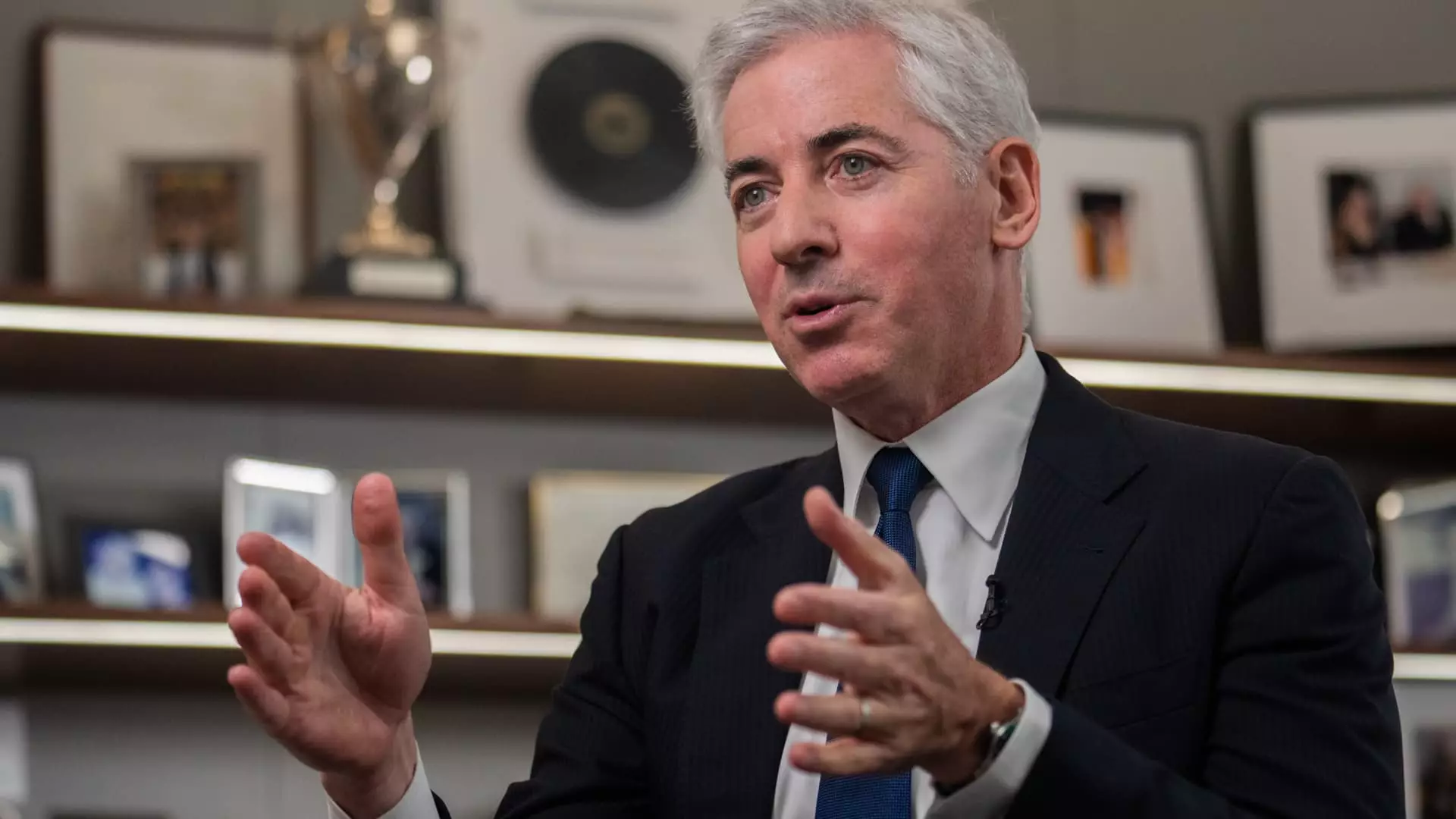Billionaire investor Bill Ackman is making waves in the financial world with his ambitious proposition to enhance his takeover offer for Howard Hughes Holdings, aiming to recreate a contemporary version of Berkshire Hathaway. His firm, Pershing Square, has recently submitted a new proposal to acquire 10 million newly issued shares at a price of $90 per share, up from an earlier offer of $85. This strategic pivot underscores Ackman’s confidence in Howard Hughes and his broader vision for the real estate developer based in The Woodlands, Texas.
Ackman’s latest offer not only reflects his eagerness to establish a substantial stake in Howard Hughes but also illustrates a calculated approach to bypass common hurdles typically associated with such acquisitions. This revised transaction does not demand regulatory approvals, shareholder votes, or external financing, allowing for a seamless and expeditious closure within a matter of weeks.
Despite the promising aspects of Ackman’s revised proposal, initial market reactions were tepid. Following the announcement, shares of Howard Hughes Holdings dipped nearly 5% in after-hours trading despite an increase of about 6.8% earlier in the day—a clear indication of investor caution amid the speculation surrounding the deal. If Ackman’s ambitions materialize, he stands poised to take the reins as chairman and CEO of Howard Hughes, steering the firm toward his envisioned diversified portfolio.
Integral to this transformation is Ackman’s vision of leveraging the full resources of Pershing Square to build a modern-day holding company. He has expressed intentions to pattern this approach after Warren Buffett’s legendary model, wherein Berkshire Hathaway evolved from a struggling textile entity into a colossal conglomerate with interests across various sectors, including insurance, energy, and retail.
Ackman envisions a revamped Howard Hughes that will not only continue to spearhead the development of “master planned communities” but also expand its portfolio by acquiring controlling interests in both private and public companies that meet rigorous quality standards. He highlights the potential of owning and cultivating small, emerging master planned communities (MPCs) into thriving urban centers in prime business markets, which he believes represents a lucrative long-term strategy.
The long-term prospects of Howard Hughes Holdings are promising, and Ackman’s aggressive strategy could potentially position the company as a diversified holding entity characterized by stability and growth. It remains to be seen how this bold blueprint will unfold in practice, but one thing is clear: Ackman’s intentions go beyond mere acquisition; they suggest a transformative journey toward building a formidable and diversified company akin to the iconic Berkshire Hathaway.
In an ever-evolving economic landscape, Ackman’s move represents an intriguing intersection of real estate development and diversified investment strategies, aiming to create a powerful entity that could weather market fluctuations while providing sustained value for investors. As the situation develops, stakeholders will keenly watch how these plans are executed, keeping an eye on both Howard Hughes and the broader implications for the investment landscape.

